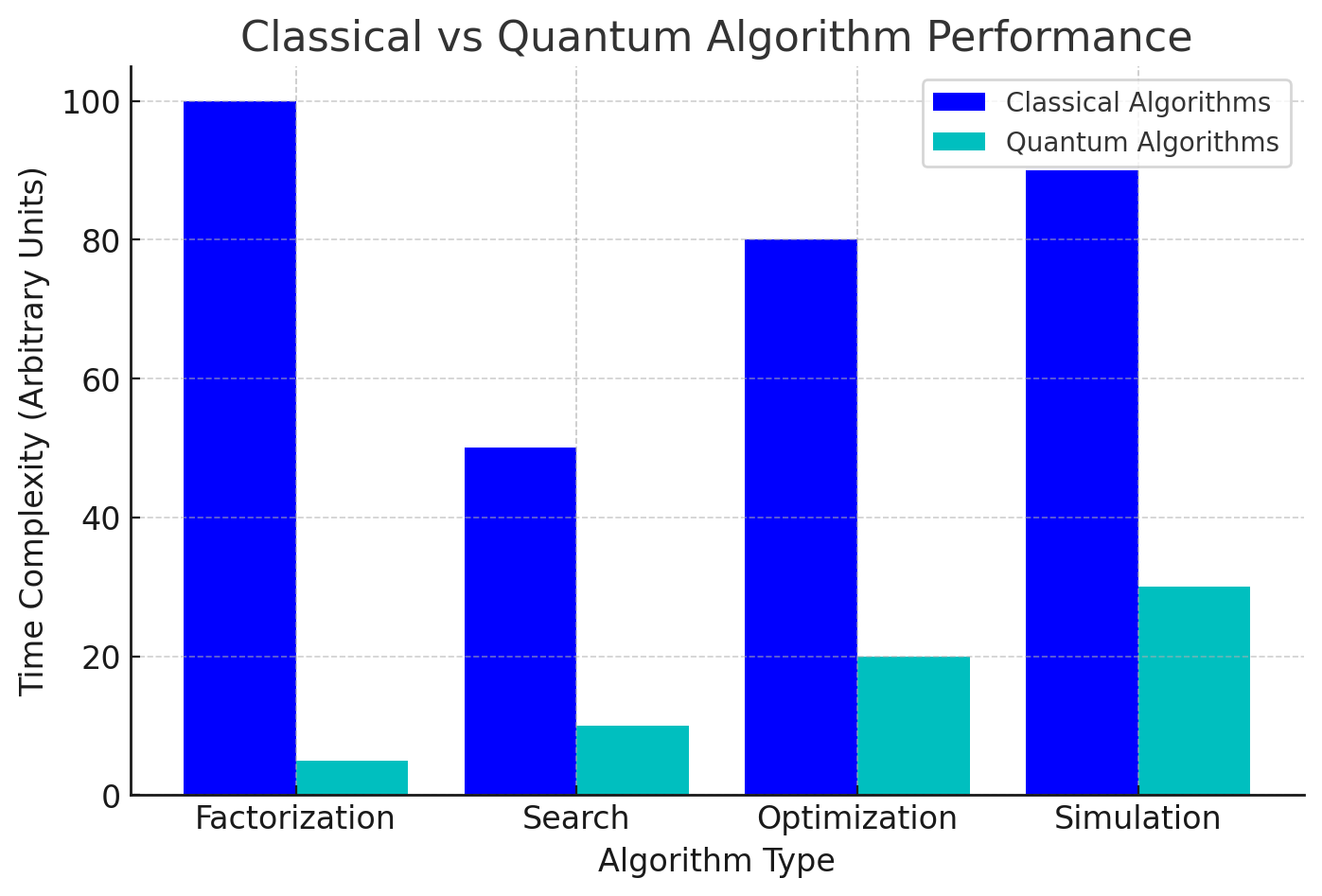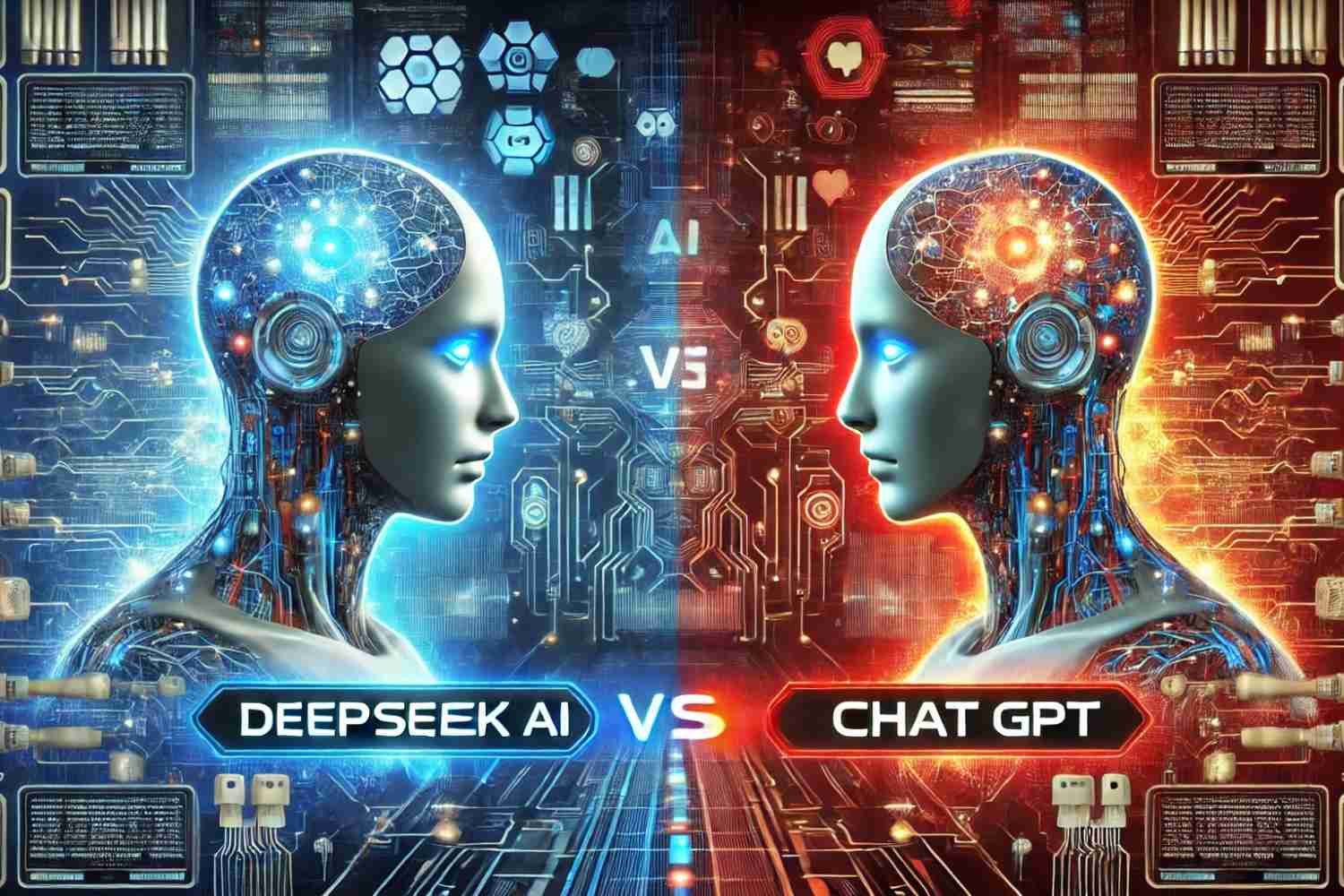Quantum computing is one of the most transformative technologies in the world of information technology (IT) today. While traditional computing has been the backbone of software development for decades, quantum computing presents a revolutionary shift in how we can solve complex problems and perform calculations. In this blog, we’ll explore what quantum computing is, how it works, its potential impact on software development, and look at some case studies that demonstrate its capabilities.
Quantum computing, IT, and 5G technology are revolutionizing the digital world. Quantum computing leverages qubits to perform complex calculations exponentially faster than classical computers, enhancing data processing and encryption. In IT, quantum advancements improve cybersecurity, AI, and big data analytics. Meanwhile, 5G technology offers ultra-fast connectivity, low latency, and massive device support, enabling IoT, smart cities, and real-time applications. The fusion of quantum computing with 5G can enhance network security, optimize data transmission, and accelerate AI-driven solutions. These innovations together pave the way for futuristic technologies like autonomous systems, intelligent networks, and ultra-secure communications, transforming industries worldwide.
What is Quantum Computing?
Quantum computing is based on principles of quantum mechanics, a fundamental theory in physics that explains how matter and energy behave on the atomic and subatomic level. Unlike classical computers, which process information as binary bits (0s and 1s), quantum computers use quantum bits, or qubits.
Key Differences Between Classical and Quantum Computing:
| Property | Classical Computing | Quantum Computing |
|---|---|---|
| Information unit | Bit (0 or 1) | Qubit (0, 1, or both simultaneously) |
| Processing power | Linear | Exponential |
| Problem-solving capabilities | Limited for complex problems | Solves complex problems efficiently |
| Example use case | Arithmetic calculations, web browsing | Cryptography, molecular modeling, AI |
Qubits have the ability to exist in multiple states simultaneously, a phenomenon known as superposition, and they can be entangled with other qubits, which leads to faster and more efficient processing. These features make quantum computing ideal for solving problems that are otherwise intractable for classical computers, such as optimization problems, machine learning, and cryptography.
The Impact of Quantum Computing on Software Development
The rise of quantum computing is expected to have profound implications on software development. Here’s how quantum computing will affect various aspects of software development:
1. New Programming Paradigms
Quantum computing introduces a new paradigm in programming. Traditional software development languages like Python, Java, or C++ won’t be able to fully take advantage of quantum hardware. Instead, new quantum programming languages are being developed, such as:
- Qiskit (developed by IBM): A popular open-source framework for quantum computing.
- Quipper: A quantum programming language designed to express algorithms on quantum computers.
- Microsoft’s Q#: A programming language developed by Microsoft for quantum computing.
These languages will allow developers to write quantum algorithms and software to harness quantum capabilities. For example, instead of simply writing code that solves a problem in a linear manner, developers will need to think in terms of quantum phenomena such as superposition, entanglement, and interference.
2. Quantum Algorithms
One of the key aspects of quantum computing’s potential is the ability to develop algorithms that are exponentially faster than classical algorithms. Some quantum algorithms have already shown significant speedup in areas like factoring large numbers (Shor’s Algorithm) and searching unsorted databases (Grover’s Algorithm).

These algorithms are likely to impact several industries, including cybersecurity, pharmaceuticals, logistics, and more. For software developers, understanding and implementing quantum algorithms will become a critical skill.
3. Optimization Problems
Quantum computers can perform massive parallel processing, making them ideal for solving optimization problems in a fraction of the time required by classical computers. Problems like supply chain optimization, traffic management, and financial modeling can benefit significantly from quantum algorithms.
Imagine a logistics company looking for the best routes to deliver goods to thousands of locations. A classical computer would require an enormous amount of time to calculate all possible routes. A quantum computer, however, could analyze and process all these possibilities simultaneously, leading to faster and more accurate solutions.
4. Machine Learning and AI
Machine learning models rely heavily on data and computing power to train algorithms. Quantum computing can revolutionize the field of artificial intelligence (AI) by exponentially increasing the speed of machine learning tasks, such as optimization and pattern recognition.
For example, quantum-enhanced machine learning (QML) has the potential to improve the speed and efficiency of neural networks, which would lead to better decision-making systems. If quantum computing advances to the point where it can run large-scale AI models, industries such as healthcare, finance, and autonomous vehicles could benefit significantly.
5. Security and Cryptography
Quantum computing also poses both challenges and opportunities for cybersecurity. Classical encryption techniques, such as RSA encryption, are vulnerable to quantum attacks. A quantum computer could easily break these encryption schemes by factoring large numbers exponentially faster than classical computers.
However, this presents an opportunity for developers to create quantum-resistant encryption algorithms, which are designed to withstand quantum decryption methods. The rise of quantum cryptography, including Quantum Key Distribution (QKD), will ensure the security of communications in the quantum age.
Case Study: Quantum Computing in Pharmaceuticals
Let’s consider a case study from the pharmaceutical industry, where quantum computing could drastically improve the drug discovery process.
The Problem:
Drug discovery typically involves screening millions of molecules to find the right one that will bind with a target protein, which could lead to a new treatment. Traditional methods take months or even years and often result in dead ends due to the vast complexity of molecular interactions.
The Solution:
Quantum computers can simulate the behavior of molecules at the quantum level. In a recent collaboration between D-Wave Systems and pharmaceutical companies, quantum computers were used to simulate the interactions of molecules much faster than classical computers could. In one instance, a quantum computer was able to predict the binding affinity of a specific protein and drug candidate in a fraction of the time compared to classical simulations.
Outcome:
This quantum simulation capability could dramatically reduce the time spent on drug discovery, accelerating the development of life-saving medications. Developers in the pharmaceutical industry are already exploring how to integrate quantum computing with machine learning models for even more robust drug discovery pipelines.
Challenges in Quantum Software Development
While quantum computing holds immense potential, it is still in its early stages, and several challenges remain:
- Hardware Limitations: Quantum computers are still being developed and are not yet widely available. The existing machines are fragile and require special conditions, like extremely low temperatures, to function properly.
- Quantum Error Correction: Quantum systems are prone to errors due to noise and interference. Quantum error correction algorithms are being developed, but they are computationally intensive and pose a challenge for developers.
- Limited Workforce: The field of quantum computing is highly specialized, and there is a shortage of developers with the required skills to work with quantum technologies. Education and training will be critical to bridging this gap.
Conclusion: The Future of Quantum Computing and Software Development
Quantum computing holds great promise for transforming software development. While it’s still in its early days, the potential applications are limitless. From new programming languages and quantum algorithms to optimization and AI, the impact on software development will be profound.
However, there are still challenges ahead, and developers will need to stay updated on emerging trends in quantum technologies. As quantum computers continue to evolve, they will unlock new possibilities that were previously unimaginable with classical systems.
For businesses and developers eager to harness the power of quantum computing, now is the time to start exploring this exciting frontier. Investing in research, understanding quantum algorithms, and preparing for a quantum-enabled future will position organizations for success as quantum technologies become more mainstream.
As we move towards a quantum-driven world, the future of software development looks not only brighter but also infinitely more powerful.
FAQs
Quantum computing will introduce new paradigms in software development, particularly in areas like cryptography, optimization, and artificial intelligence. While classical software development will remain relevant, new quantum algorithms and programming languages will emerge, requiring developers to adapt and learn quantum principles.
While quantum computing is still in its early stages, developers interested in future-proofing their skills should start exploring quantum programming languages like Qiskit (IBM), Cirq (Google), or Q# (Microsoft). However, mainstream adoption is still years away, so a deep dive is not yet essential for most developers.
No, quantum computing will not replace classical computing but rather complement it. Classical computers will still handle general-purpose computing tasks, while quantum computers will solve specific complex problems, such as molecular simulations, optimization challenges, and cryptographic advancements, much faster than traditional systems.
Industries that rely on large-scale computation and optimization will benefit the most. These include pharmaceuticals (drug discovery), finance (risk modeling), logistics (route optimization), artificial intelligence, and cybersecurity (post-quantum cryptography). As quantum computing matures, its impact will expand across many fields.





